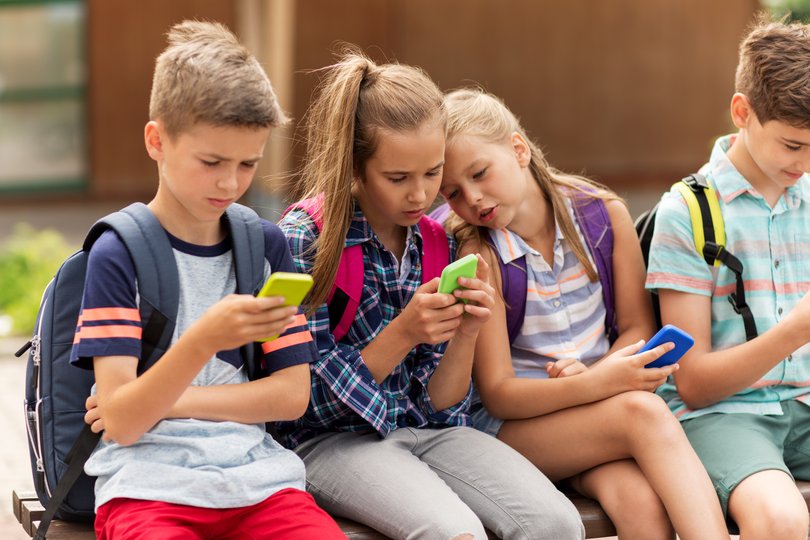Aussie kids relying on AI: Huge percentage of parents suspect their child using AI for emotional support
New research has revealed that a worrying amount of Australian children are turning to AI for emotional support.

New research has revealed the extent that Australian children are integrating Artificial Intelligence into their lives.
One of the most confronting findings from the study was that 40 per cent of Aussie parents suspect their child is using AI for emotional support or companionship.
Released on August 5, the 2025 Cyber Safety Insights Report: Connected Kids study was conducted by Norton and unearthed the types of AI tools children are turning to and how these trends intersect with the darker side of kids being online, including cyberbulling.
Sign up to The Nightly's newsletters.
Get the first look at the digital newspaper, curated daily stories and breaking headlines delivered to your inbox.
By continuing you agree to our Terms and Privacy Policy.According to the study, 36 per cent of parents say their child uses ChatGPT, while 28 per cent use AI school tools like Grammarly.
Screen time is becoming a central pillar to the lives of many Aussie kids, with parents revealing that they are spending an average of 3.34 hours a day engrossed by a screen.

While AI can be used as an educational tool, the study also found that 15 per cent of Aussie kids have experienced cyberbullying and 31 per cent have been caught online after bedtime.
“We’re witnessing a generational shift in how children form relationships, express themselves, and seek support — and it’s increasingly shaped by digital tools, including AI,” said Mark Gorrie, Managing Director for Norton.
“This can be a difficult space for parents to navigate, especially when kids often adopt new technologies faster than we do. That knowledge gap can leave parents a step behind when trying to support their children online.
“From managing screen time to responding to emotional reliance on technology, today’s parents are facing challenges that simply didn’t exist a decade ago. While digital tools offer incredible opportunities, they also come with new risks.”
The Australian Youth Digital Index 2024, which surveyed more than 4,700 Australians aged 8-25, confirms young people’s growing dependency on digital tools for safety, connection, and emotional wellbeing.
But as new platforms and behaviours emerge, many parents are playing catch-up; especially when today’s kids get a phone by age 12, while Gen X and Boomer parents didn’t get theirs until ages 24 and 41, respectively.
The Connected Kids Report underscores that as children engage with technology earlier and more frequently, it’s essential for parents to stay proactive, informed and involved.
Originally published on The West Australian

